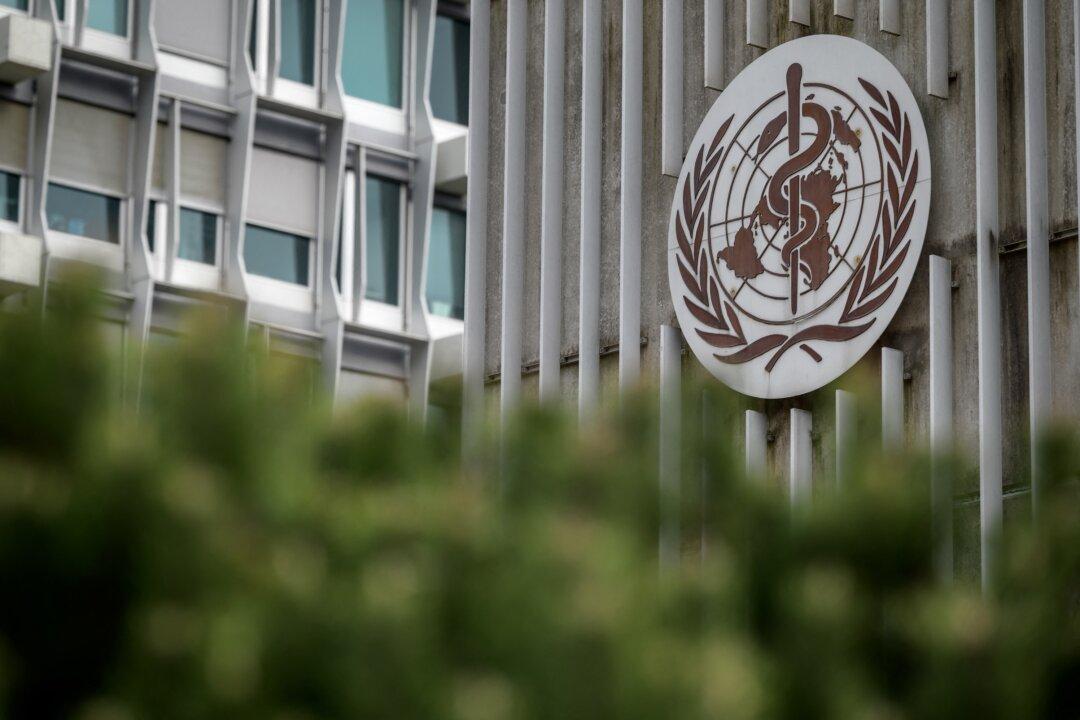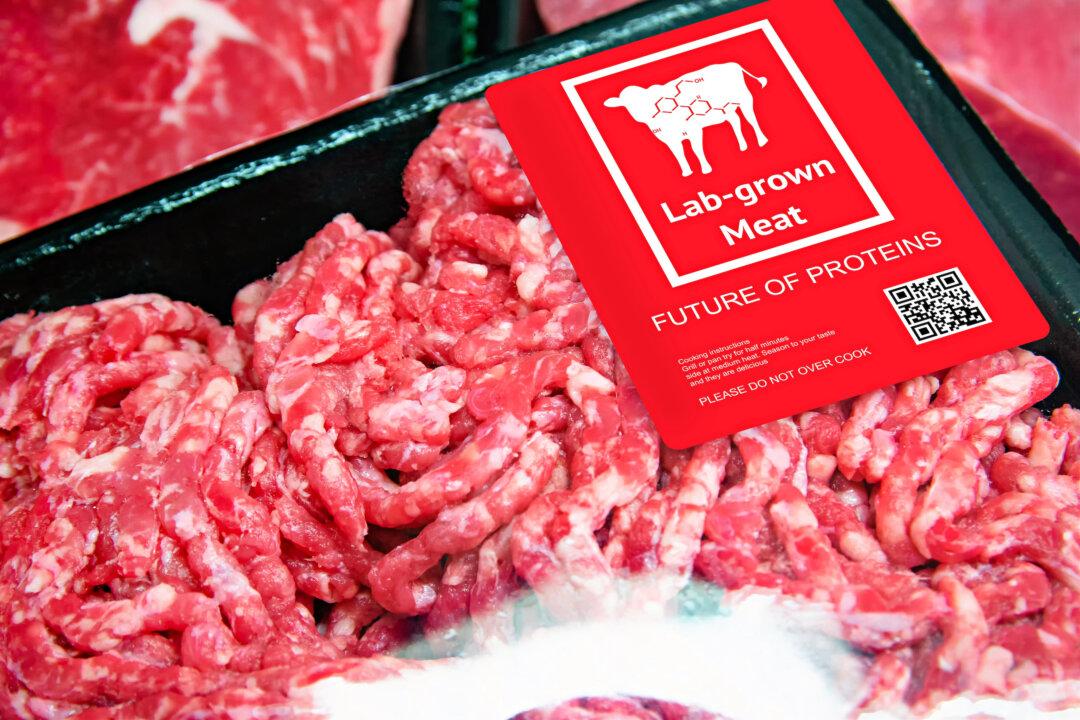The World Health Organization’s (WHO) recommendation that people eat a diet low in animal-based foods containing saturated fats and high in grains and carbohydrates is based more on politics than nutrition science, according to an expert.
Kevin Bass, a researcher and doctoral student in medicine, told The Epoch Times that it appears the nutritional needs of the people it is supposed to be serving aren’t the only criteria shaping the WHO’s guidelines.





